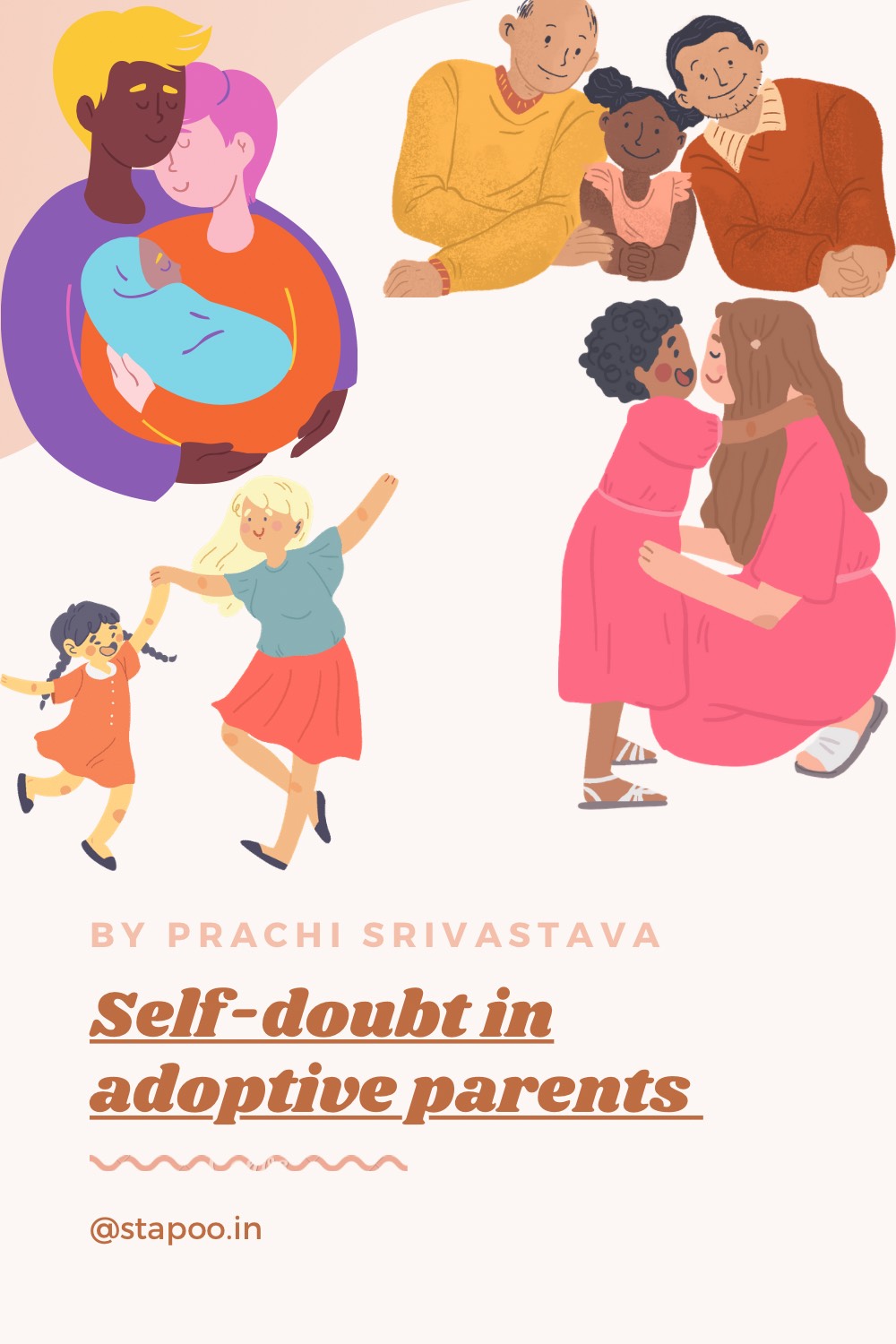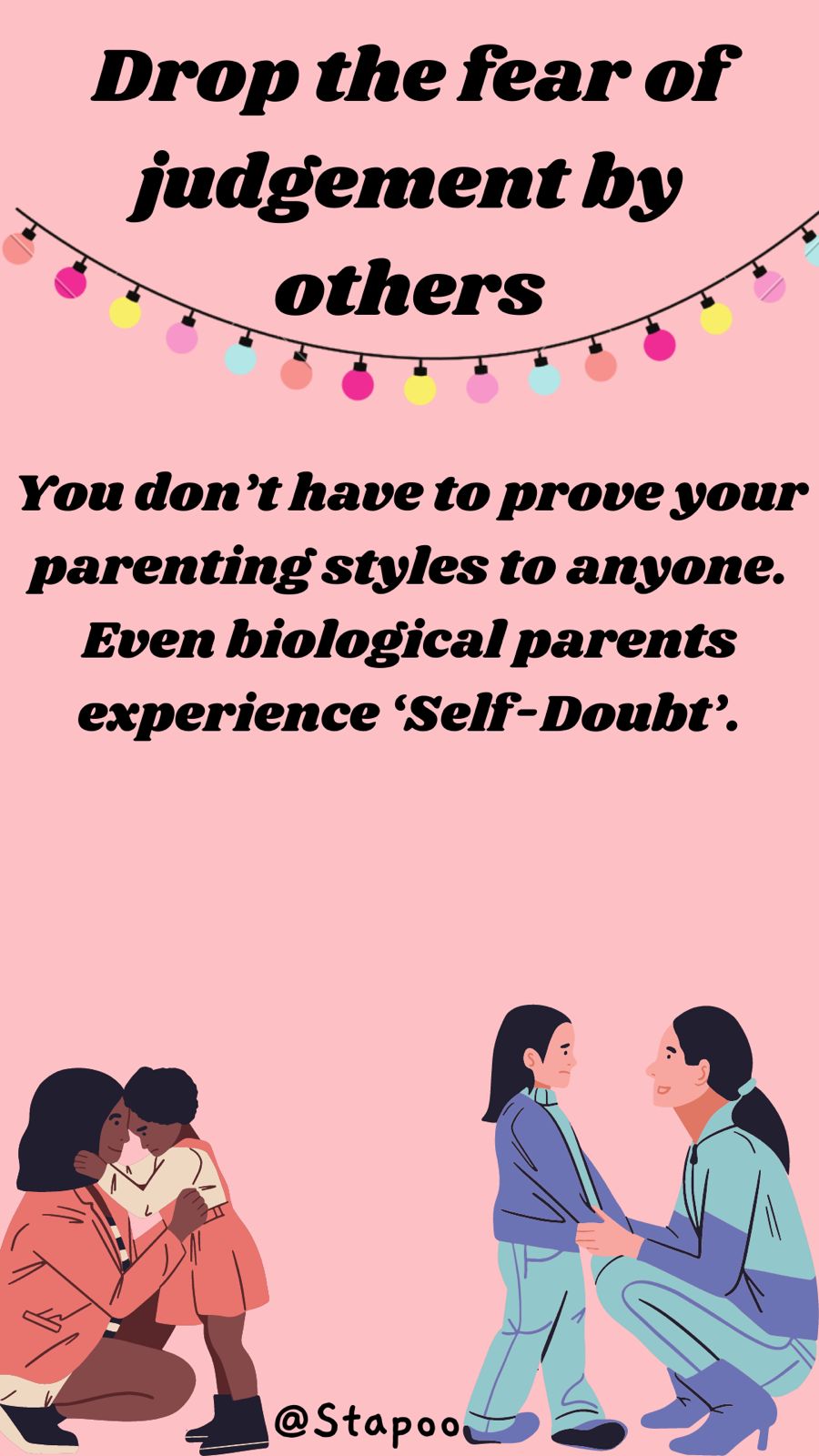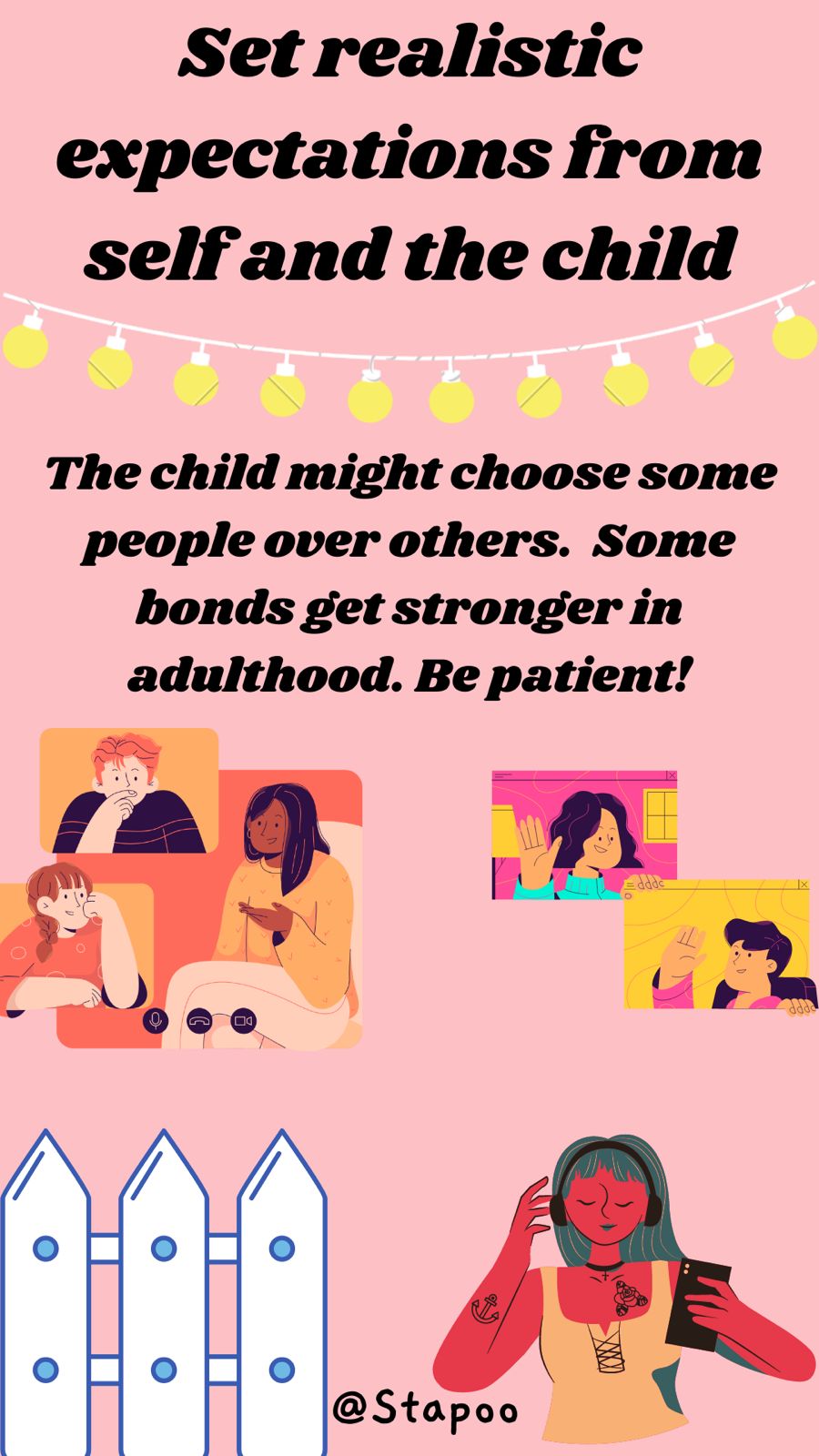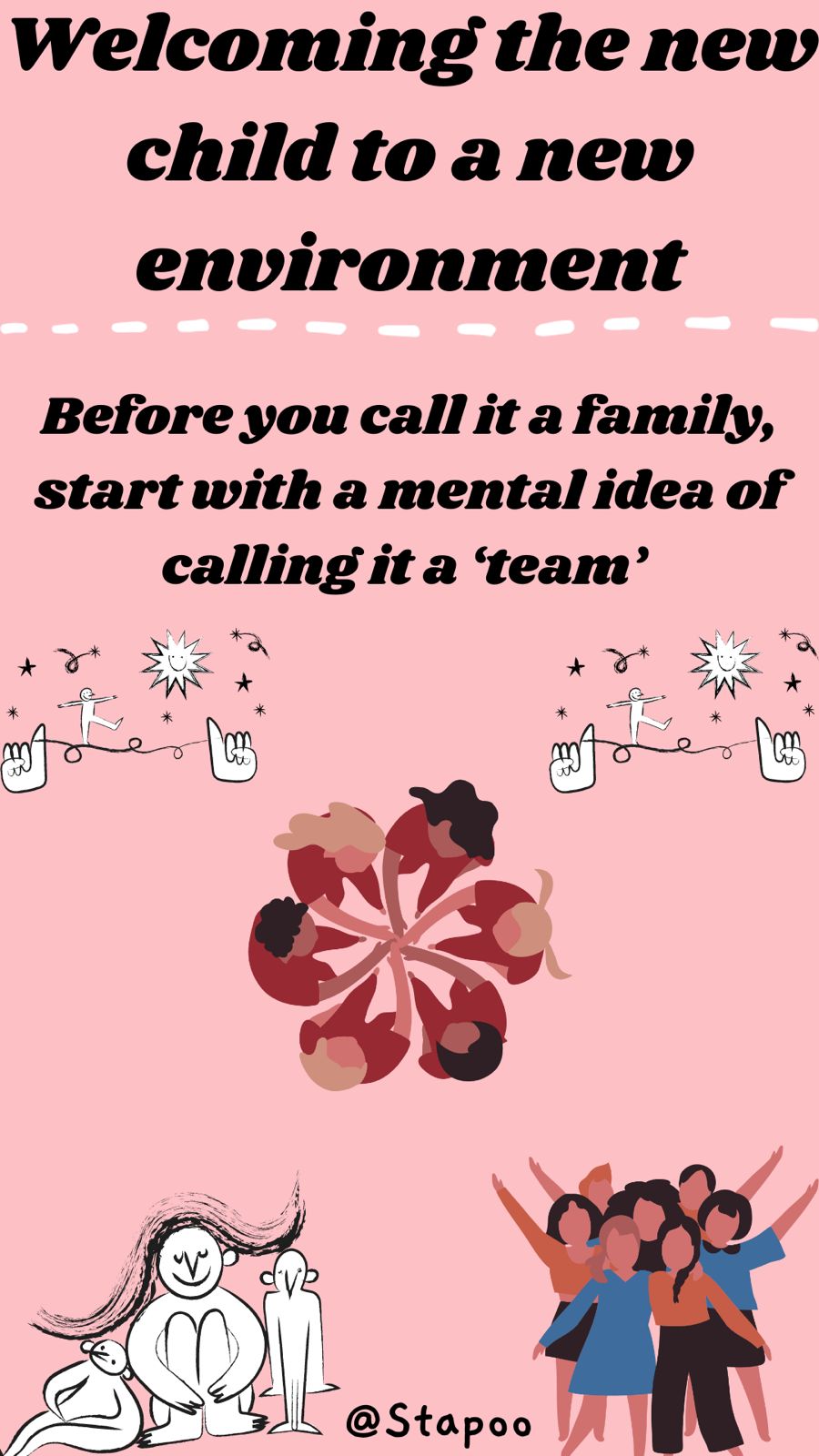
Overcome the Anxiety of being Adoptive Parents!
The second wave of Covid-19 left us feeling numb and disconnected from ourselves and the world outside. It has impacted our way of living and has put us in a zone of utter confusion. It is demanding and taking a toll on our physical, emotional, and financial aspects of life.
It has posed challenges for which we were never prepared. One of such challenges in front of us is that of raising children who have been orphaned by the disastrous wave of Covid-19.
Relatives from the extended families of the children who lost their parents have been given this unthinkable responsibility. While some are struggling with adjustment within homes there are some childless couples who now have a hope to have a family and they are happily adopting the children.

While this feeling of joy and having a child is like a dream come true but it has come with certain terms and conditions. The child and the new adoptive parents are finding it difficult to understand each other. There are multiple questions regarding the child’s present and future as well. One major question is that of “Acceptance”! Both the child and the new parents are going through a period of self-doubt. “Will I be accepted?”
So, to answer all your questions and help you come out of this feeling of uneasiness I have brought a few tips which I hope would help you take the next smallest step towards building a healthy relationship between you and the new member of the family.

- Do not force the child to call you maa and papa instead be creative in finding areas of mutual interests to spend time together.
- Build trust in your relationship with the child. Depending upon the age of the child, understand his/her needs and fulfill those needs (needs are different from wants). For instance, a child as young as 2 years old would need her physical needs of feeding, toileting, and play to be fulfilled. Similarly, if you have adopted a teenager then his/her needs could be related to forming an identity where s/he would want to practice hobbies, make friends, and need personal space. Once the child gains the confidence that s/he can depend on you, s/he will gain emotional stability in the relationship.
- Welcome the new child to a new environment – set realistic expectations from self and the child – do not read too much into the child’s behaviour. Before you call it a family, start with a mental idea of calling it a ‘team’, and eventually after some time, team members would associate each other with names and respective roles in a family.
- Let the child take his/her time to form a bond and relationship. S/he might choose some people over others. This behaviour should not be taken personally by those with whom the child does not mingle too much. Remember, we keep shifting the flavour of our relationship with people we have known for ages. Some bonds get stronger in adulthood. Be patient!
- You don’t have to prove anything to anyone – drop the fear of judgment by others. Biological parents also take time to understand their child and they too seek guidance to shape their child’s life. No one becomes a perfect parent just by giving birth to a child.
- Get over the hype about concepts like ‘Biological parent’, ‘Maternal Instincts’ etc. You get in touch with yourself and decide how you want to take care of the child, what games you want to play with him/her, what you want to watch on TV with your child, which books to read to your child. Focus on the activities to do with the child rather than thinking of people’s opinions of you as a parent. Even biological parents experience ‘Self-Doubt’.
- Are you worried about how to handle emotional outbursts, tantrums, and anxiety in children and teenagers? In such moments, if you think you cannot be a parent, then be a friend. Listen to your child. Do not always put yourself under this pressure that a biological parent would have understood the child better. Remember, now, you are the caretaker for this child and if carrying the tag of a parent is heavy then wear the badge of a friend! Most importantly, do not rush in calming down the child. Let the emotions flow in tears and sometimes screaming too. Just make sure that the child isn’t physically hurting himself/herself during the emotional vent.
- Managing physical and toileting needs can be difficult if you have never done that before. Either take help from your parents or someone who has been through this journey but do not panic or make faces if the child has soiled his/her clothes. If you are easy then the child is easy, if you are worried about toilet training or first periods of the child then the child will too get anxious. The child will mirror your emotions!
- Be careful of the physical affection, not all children are comfortable and it’s okay. Slowly get into their physical boundaries. Do not force physical affection. Forcing yourself upon the child might result in hitting, biting, and scratching from the child’s end, especially if the child is still learning how to speak.
- Do not repeatedly seek assurance from the child, do not make the child feel guilty if they are happy with you or not. Rather, smile more often at your child, talk about his/her school, interests, etc. The fact the child is expressing his/her needs to you indicates that the child is comfortable with you.


I think relationships don’t come with a name tag, instead, a relationship is a process and when it is built we give it a name. The same is with a parent and a child. So, open your fist and release your anxiety and feeling of being judged and simply form a relationship of playfulness and trust. Like any relationship, your child might want some time off you and seek personal space or s/he might want to explore the world by being engaged with a toy or your spouse but that doesn’t mean that you are a bad parent or the child doesn’t like you.
If you continue to feel worried then speak with a friend or seek professional help!

Recent Comments